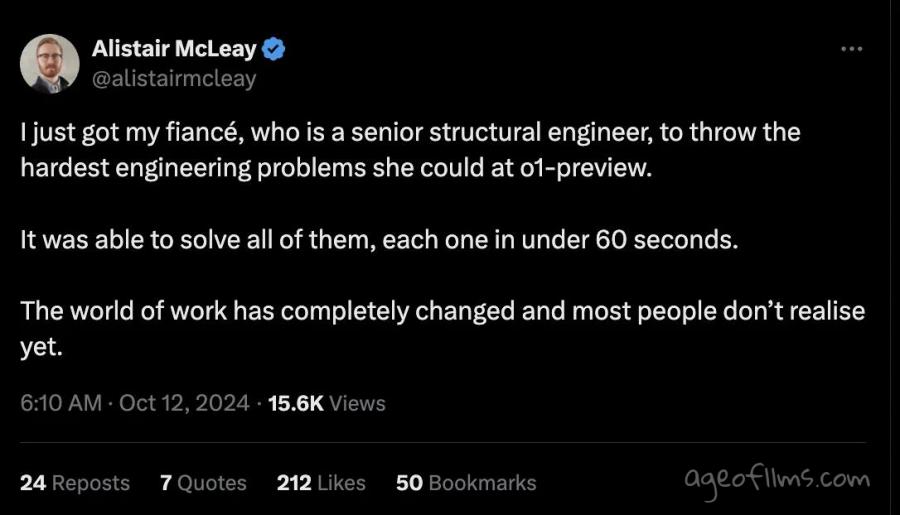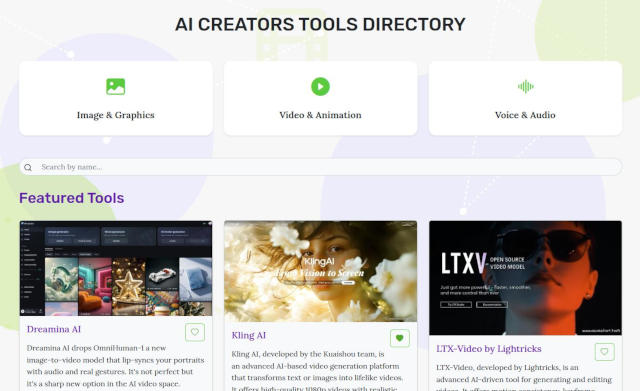How AI Is Changing the World
As yet another OpenAI employee is leaving, he is publishing a thought-provoking article raising good questions about our future with AI.
The departing employee, Miles Brundage, served as OpenAI's Senior Advisor for AGI Readiness, following roles as Head of Policy Research and research scientist on the Policy team over six years.

He's leaving to pursue independent AI policy research and advocacy, citing a desire to work on industry-wide issues with greater publishing freedom and reduced institutional bias.
The Risk of Civilizational Stagnation
The author raises a fascinating parallel to the movie WALL-E, warning about a potential future where advanced AI technology could lead to societal complacency. While he believes that humanity should eventually move beyond the obligation to work for a living - one of the strongest arguments for developing AGI - he warns that a poorly managed transition to a post-work world could result in civilizational stagnation. This situation would require careful policy and cultural preparation to avoid the pitfalls of widespread automation and reduced human motivation.
The Growing Divide in AI Capabilities
A crucial concern highlighted is the emerging gap between free and paid AI capabilities. Miles Brundage notes that we're leaving behind the era where free and paid models were equivalent (citing the example of "4o"). As companies invest in leveraging test-time compute for paying customers, we're heading toward a future with significant disparities in AI access. This shift raises important questions about creating a world of "cognitive haves and have-nots."
Inequality and Access
Miles Brundage emphasizes that AI benefits won't automatically spread equitably throughout society. He points to several barriers:
- Limited AI literacy
- Resource constraints
- Insufficient technical expertise in civil society and governments
- The need for thoughtful policies to prevent excessive cognitive disparities
- The importance of addressing these issues before they become entrenched
Competition with AI and Job Disruption
Miles Brundage presents a sobering view of human-AI competition, particularly regarding:
- The challenge of competing with entities capable of processing information at exponential rates
- The likelihood of significant near-term disruption to remote work opportunities
- The need to prepare for a transition where traditional employment may become less central to society
- The importance of developing policies to manage this transition and ensure economic benefits are widely shared

Preparing for the Future
Their recommendations for future preparation include:
- Making strategic investments in assets that will retain value in an AGI-driven economy
- Ensuring skills remain transferable to a post-work economy
- Developing policies to ensure fair distribution of AI's benefits
- Creating frameworks for international cooperation on AI development
- Establishing robust safety and security measures
The authore stresses that these challenges require urgent attention from policymakers, noting that current policy proposals often lack the necessary depth and nuance to address these complex issues effectively.
Published: Oct 24, 2024 at 9:17 PM


